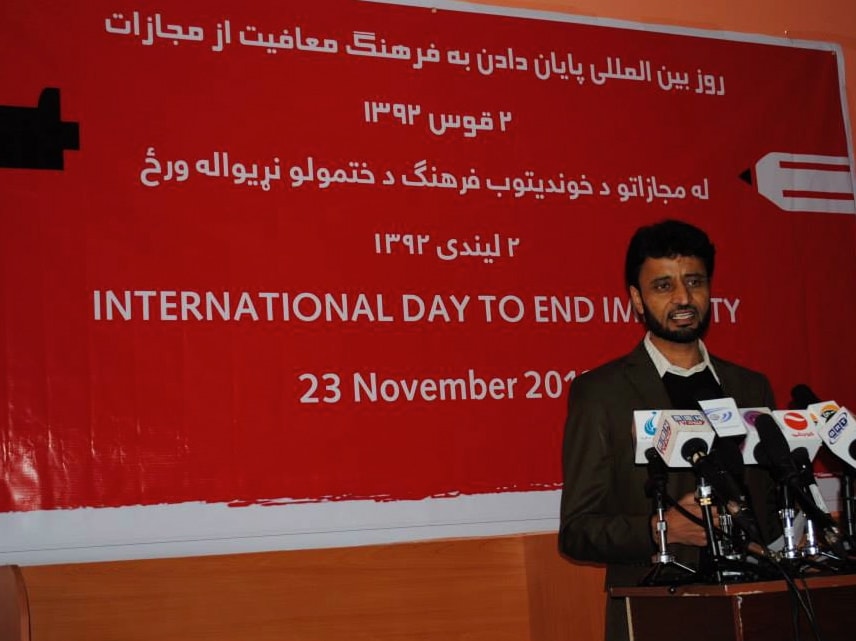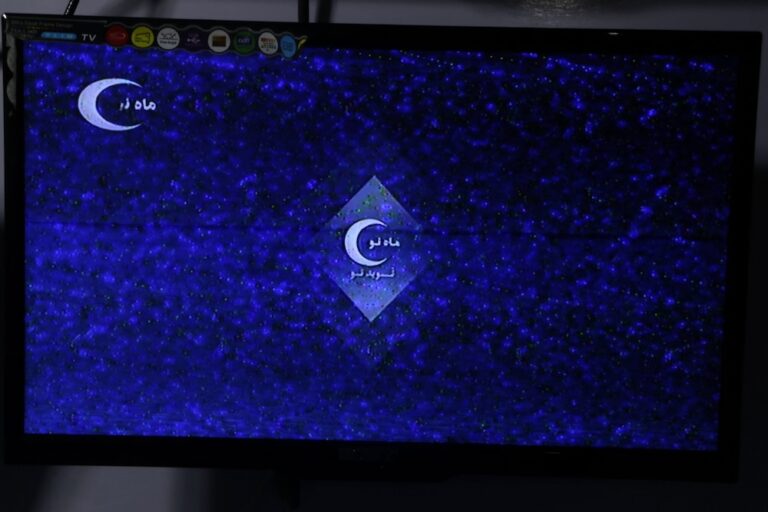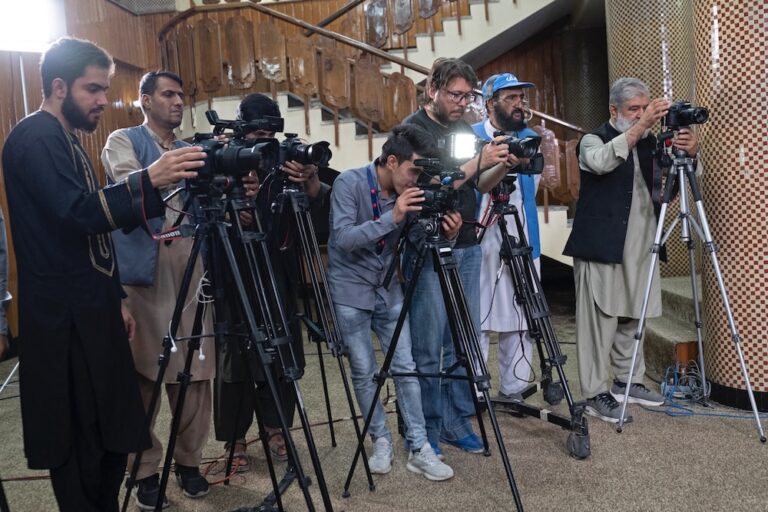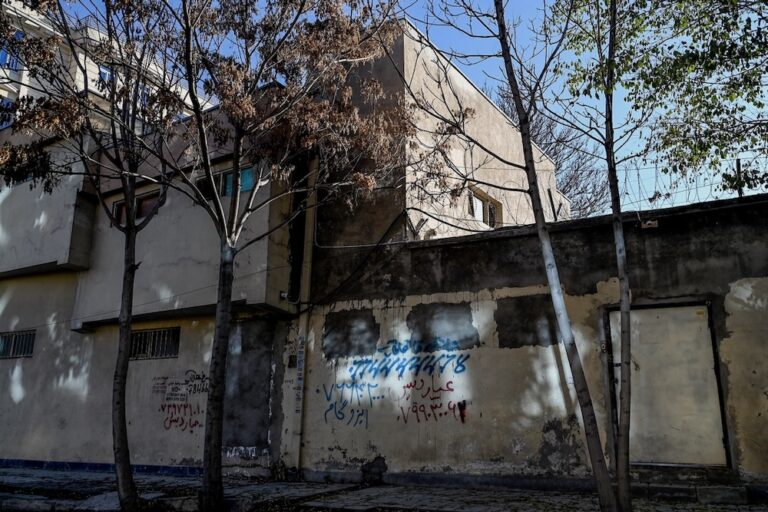Shockingly, as many as 23 journalists have been murdered during the past two decades in Afghanistan, but their killers - with the exception of two cases - remain unpunished.
Shockingly, as many as 23 journalists have been murdered during the past two decades in Afghanistan, but their killers – with the exception of two cases – continue to enjoy impunity. These views were expressed by the Afghanistan Journalists Centre (AFJC) at the end of a campaign against impunity.
Speaking at a gathering commemorating the International Day to End Impunity in Kabul, AFJC executive director Ahmad Quraishi said killing journalists is a last resort and the most extreme way of censoring the press and that the culture of impunity posed a serious threat to freedom of expression and independent media.
Since 1993, as many as 39 journalists, writers and other media workers have been killed in Afghanistan – 23 of them in targeted attacks – and 16 others in conflict situations and as a result of explosions, Quraishi added.
Sushmita Banerjee, Mohammad Mohsen Hashemi, Muzammel Sadeqi, Sadem Khan Bahadurzoy, Omid Ekhpelwak, Saiyed Hamed Noori, Sultan Munadi, Jawid Ahmad, Abdulsamad Ruhani, Zakiya Zaki, Rahman Ghul, Ajmal Naghshbandi, Shakiba Sangah Amaj, Shaima Rezayie, Karen Fischer, Christian Struwe, Harry Burton, Azizullah Haidari, Julio Fuentes, Maria Grazia Cutuli, Ulf Stromberg, Mamoud Saremi and Mirwais Jalil are the journalists murdered so far in Afghanistan.
Meanwhile, two Afghan journalists, Janullah Hashemzada and Anwar Salehi, were shot dead in Pakistan.
Mr. Quraishi said that all the killers involved in the aforementioned cases, with the exception of the murderers of Saiyed Hamed Noori and Rahman Ghul, were still at large.
A recent example, the release on 14 September 2013 of the suspected murderers of Muhsen Hashemi, of the Voice of Najrab Radio, highlighted the entrenched culture of impunity in Afghanistan, Mr Quraishi emphasized.
According to the data released by AFJC, 14 of the journalists were murdered by criminal groups – mostly linked to insurgents, four by the Taliban, three by members of their families, one by the US military and one by the British Special Forces.
The AFJC urged the law enforcement authorities in Afghanistan to pursue cases of murder and violence against journalists more rigorously.
According to the AFJC director, several years have passed [since some of these incidents] and investigations were not conducted into the murders of journalists which are troubling developments. “We can’t tolerate further negligence in the prosecution of those involved in acts of violence against journalists . . . the culture of impunity should end now,” he added.
This was the first-ever impunity campaign supported by IFEX in Afghanistan and successfully carried out in all regions of the country. IDEI-related events were marked in Kabul and eight major cities around the country. The day was marked on 26 November, three days after the International Day to End Impunity, because of the consultative Loya Jirga [grand assembly]. The delay was due to the fact that the discussion of the U.S.-Afghan pact was held under tight security in Kabul.
In the events, the journalists said their problems had multiplied recently because of impunity and blamed the government and the international community for not seriously tackling the issue.
The media advocacy group said the Afghan government hasn’t focused on the issue enough and the Presidential candidates should include the safety of journalists as one of their priorities.
“Cases of violence against journalists haven’t been investigated seriously. We request the Presidential candidates include the journalists’ safety and their demands among their top priorities so that the journalist community can vote for the best candidate,” the director of the AFJC added.



